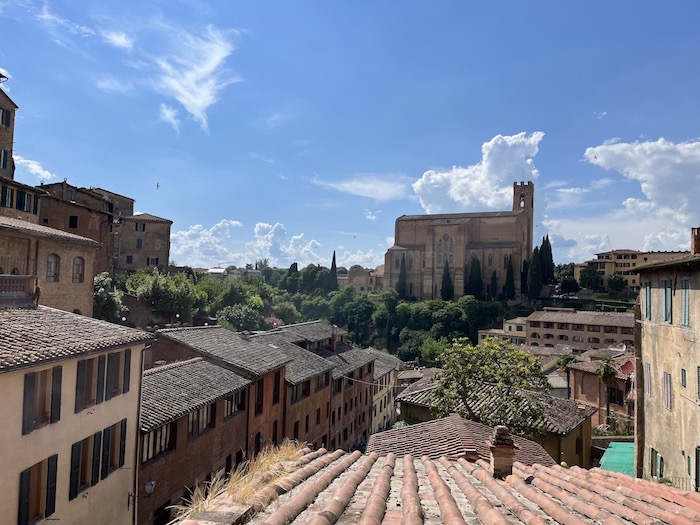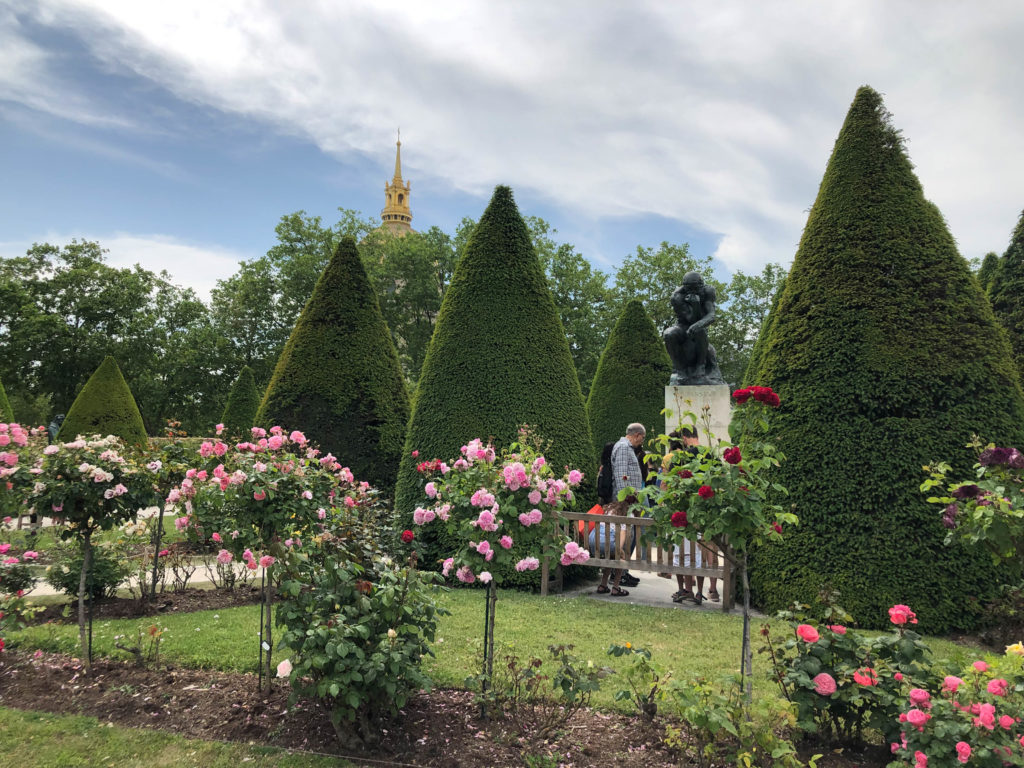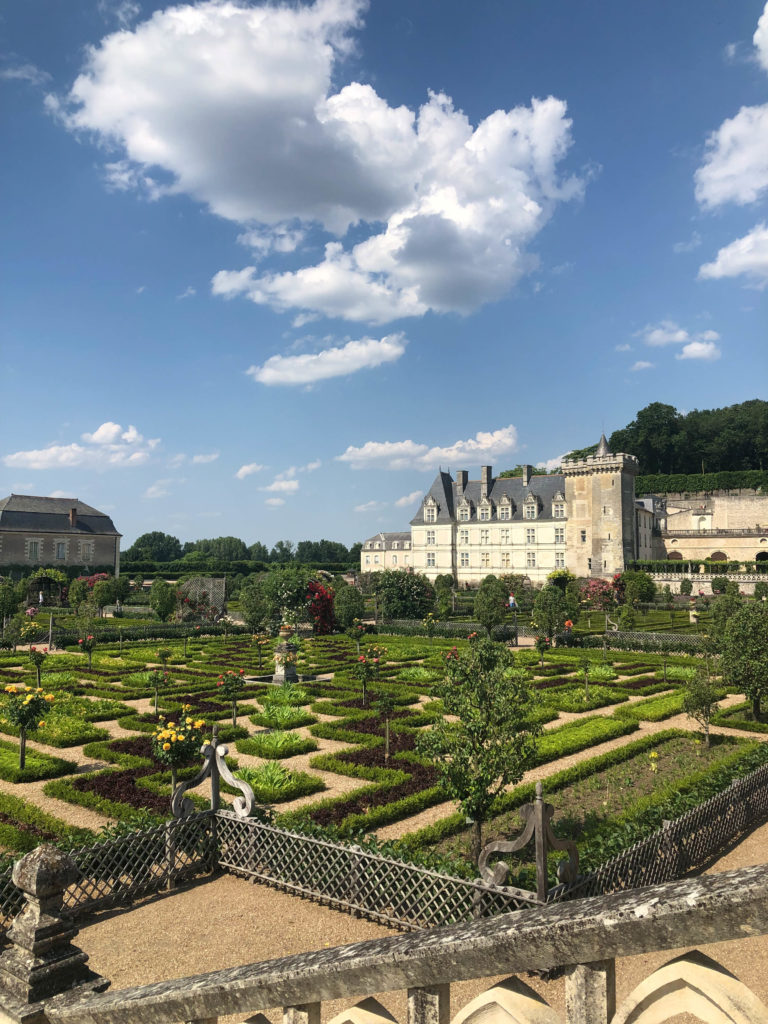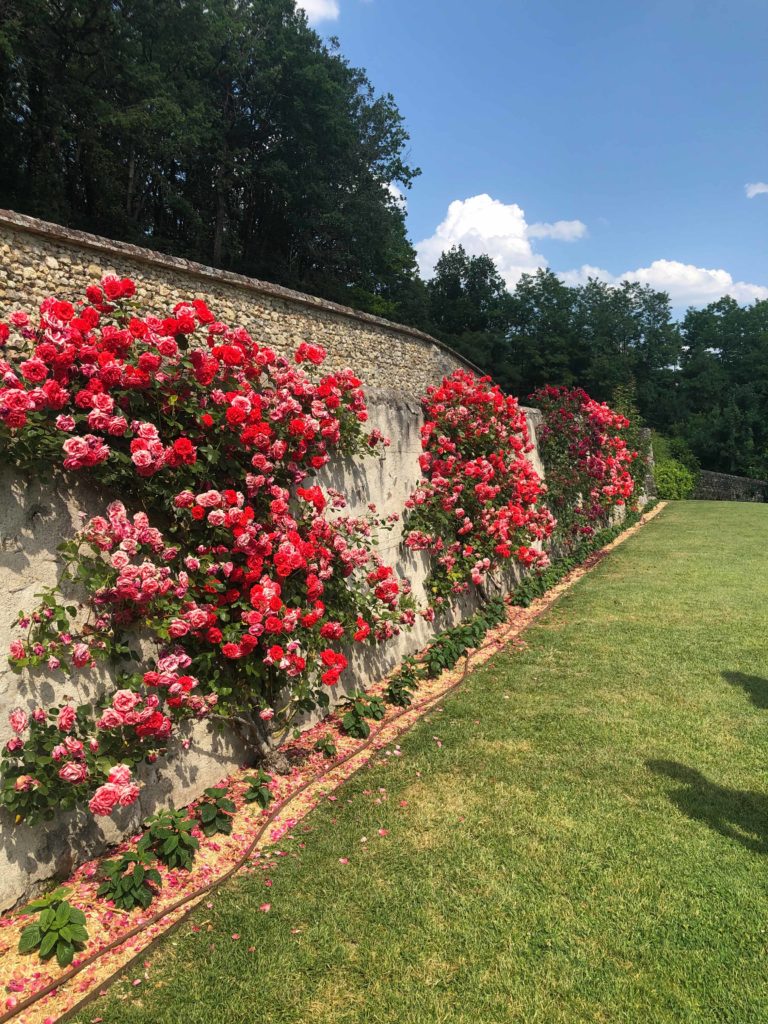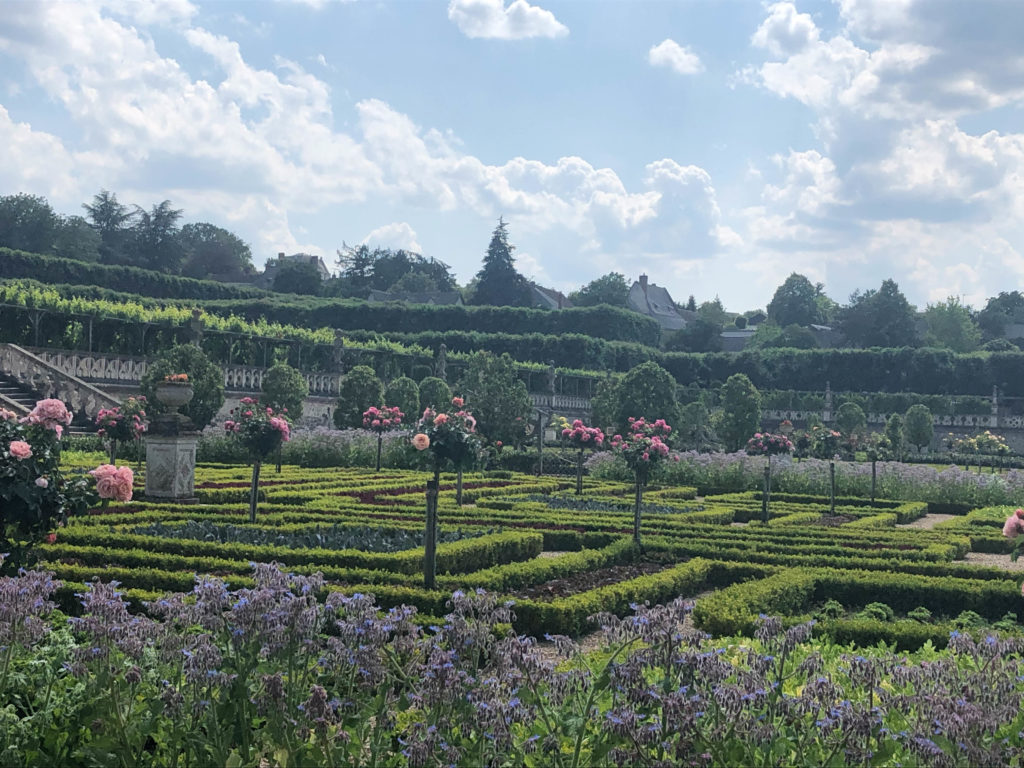
** Music has been an important outlet for me, a lens through which I can make sense of the world. As a result, each blog post will be named after a song that sums up the theme for that week. Given that this entry talks about new beginnings and journeys, there could be no better title than Tom Petty’s “Into the Great Wide Open.”
Ireland… The simple mention of the word takes me to another place, one on the edge of the Atlantic, with a lighthouse looming near as sheep bleat softly and waves crash against jutting rocks. Ireland… Suddenly, I am back on Arranmore Island off the coast of Donegal, where my grandmother grew up and is now laid to rest, where my great aunt and her husband continue to dwell, where I feel most at peace. I have been fortunate to stand on that very soil three times, looking West to the United States and yet knowing where I stand is home. For me, Ireland has always been connotative of family, of comfort, of security; like one of my grandmother’s knitted sweaters, its patchwork of greenery has enclosed me with warmth and welcome. However, I am about to embark on an experience that will force me out of my comfort zone, adding new meaning to a place so near and dear to my heart. In a few short weeks, I will become a student in the Oideas Gael Irish language learning program, undertaking intensive study of the Irish language and culture. I will reside in the Irish countryside, specifically in Gleann Cholm Cille and Gleann Fhinne, places I have never been. I will live and break bread with a host family, people I have never met. I will learn the Irish language with students from around the world, an experience I never could have imagined before coming to Notre Dame. That is to say, I am preparing to experience Ireland in an entirely new way.
Undoubtedly, I am nervous about the journey before me. From concerns about missing the bus and getting stranded in rural Ireland, to nerves about speaking broken Irish in the presence of native speakers, my mind has been racing with anticipation. Yet, the overwhelming feelings I am experiencing are joy and gratitude for the incredible opportunity I have been given. Taking Irish at Notre Dame happened by chance during my sophomore year. The four-credit beginners’ course fit nicely into my schedule, and as a newly-minted Irish Studies minor, I decided to enroll. At first, I expected to simply study grammatical principles and vocabulary words; however, I learned so much more. My professor exposed us to the intricacies of the Irish language, how it has been impacted by Ireland’s colonial past and how its future remains uncertain. It can be a charged and divisive topic on the mainland, so my decision to study the language was, in itself, a significant one, not something to be taken lightly.
Having studied the language for two semesters now, I have come to realize that it has been an exercise in connecting with my cultural identity, of exploring where I come from and who I am at my core. By learning Irish, I have claimed ownership over my own Irishness and have found a way to tangibly channel the presence of my late grandmother, an Irish speaker, in my life. I expect that this language program will further help me explore my Irish identity and learn about the experiences of other Irish speakers, increasing my cultural competence. I also anticipate that it will force me to become a better listener, asking questions so that I may better understand the role of the Irish language in Irish culture, politics, family life, etc. I do not envision that I will become culturally or linguistically fluent by the end of this journey, but I hope to depart Ireland as a more well-informed, confident version of myself, one who can share what she has learned with others and engage in productive conversation in both Irish and English. As an aspiring healthcare professional, it is imperative that I develop these skills and get comfortable with listening to stories, as well as telling them; this program is the perfect location in which to practice this art. In the next couple of weeks, I will be contemplating what Ireland means to me. After all, I know that when I step off that plane in mid July, that meaning may soon evolve, and I likely will, too. I look forward to this summer’s growth and discovery; thanks for reading. Go raibh maith agaibh!

